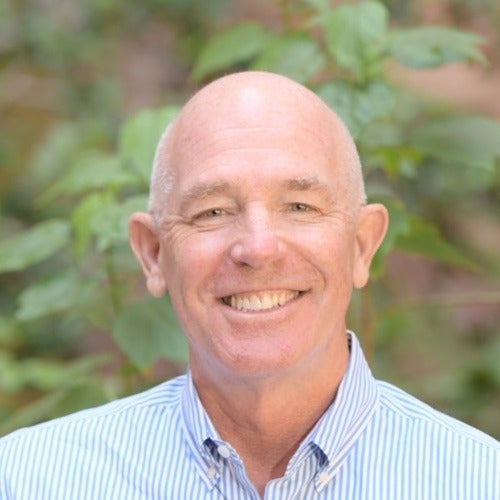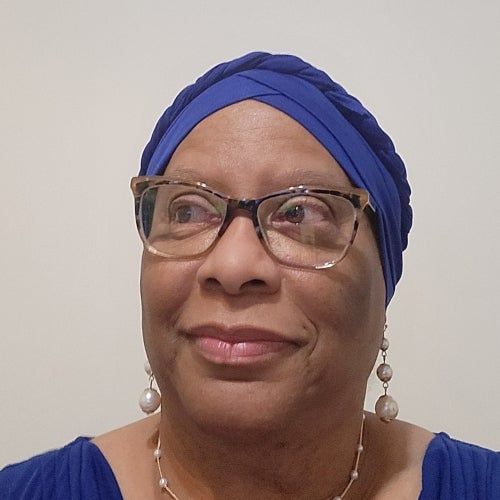First Impressions
The UCLA Public Health Scholars Training Program engages some of the nation's most promising college students in an eight-week summer introduction to the possibilities of a public health career.
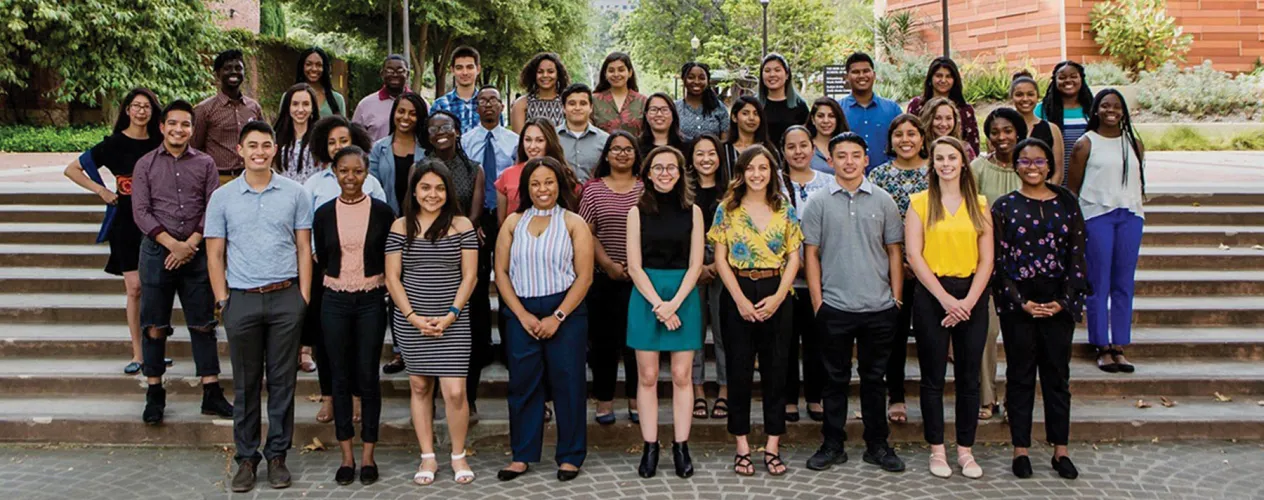
ELAINE OWUSU WILL NEVER FORGET the summer between her junior and senior years at Marquette University in Milwaukee.
Owusu spent eight weeks in residence on the UCLA campus, where she and more than three dozen peers received an intensive introduction to the field of public health as part of the first cohort of the UCLA Public Health Scholars Training Program. The program combined education and hands-on training — in Owusu’s case, an internship assisting the director of quality improvement at St. John’s Well Child & Family Center, which provides free and low-cost care to nearly 100,000 low-income patients in Los Angeles.
“The most enjoyable part was learning what it means to be a public health professional,” says Owusu, who plans to pursue master’s degrees in public health and business administration. “The opportunity to exchange thoughts and ideas with my amazing cohort, as well as with professionals from the greater Los Angeles area, left me inspired and ready to change the world.”
Owusu was among 40 undergraduate and recently graduated college students from across the nation who spent last summer learning about public health and the potential for careers within the field. The eight-week program— including two days a week of seminars, workshops, mentorship and professional development, along with three days a week working as interns at community-based public health organizations — is funded by the Office of Minority Health and Health Equity at the U.S. Centers for Disease Control and Prevention (CDC). The Fielding School was one of five undergraduate Public Health Scholars programs funded, with a five-year, $2.7 million grant supporting the summer scholars with stipends, housing and other expenses, including a trip to the CDC in Atlanta.
In the U.S., a minimum of 250,000 new public health workers will be needed by 2020 to fill gaps created by retirement and other turnover, according to the Association of Schools & Programs of Public Health. Equally concerning to the CDC is the lack of diversity within the public health workforce, which threatens to compromise the ability of public health professionals to meet the needs of an increasingly diverse society.
The Public Health Scholars Training Program is part of an effort to address both the pipeline and diversity issues by introducing bright and dedicated young students to the possibilities within the public health profession. The first 40 of the 200 students who will participate in the FSPH program over the five-year period were selected out of a highly competitive process that produced nearly 1,200 applicants, with the funding support for the scholars helping to ensure that students from low-income backgrounds could afford to participate.
“These are young students who are in the ‘sweet spot’ for the population we want to reach — still undecided about what they want to do and unsure about what a career in public health looks like, but deeply committed to improving the conditions around them and excited to learn about the opportunities,” says Dr. Michael Prelip, professor and chair of FSPH’s Department of Community Health Sciences and director of the program. “The passion they brought to our school was contagious.”
To help the program’s first cohort learn about all facets of public health, the program recruited faculty from all five FSPH academic departments for skills training, lectures and professional development activities. Weekly themes were built off of the interests expressed by the scholars, with health equity and social justice serving as the underlying component. Community professionals were brought in to discuss their organizations and how their careers developed, and policy and advocacy discussions were held on the week’s theme.
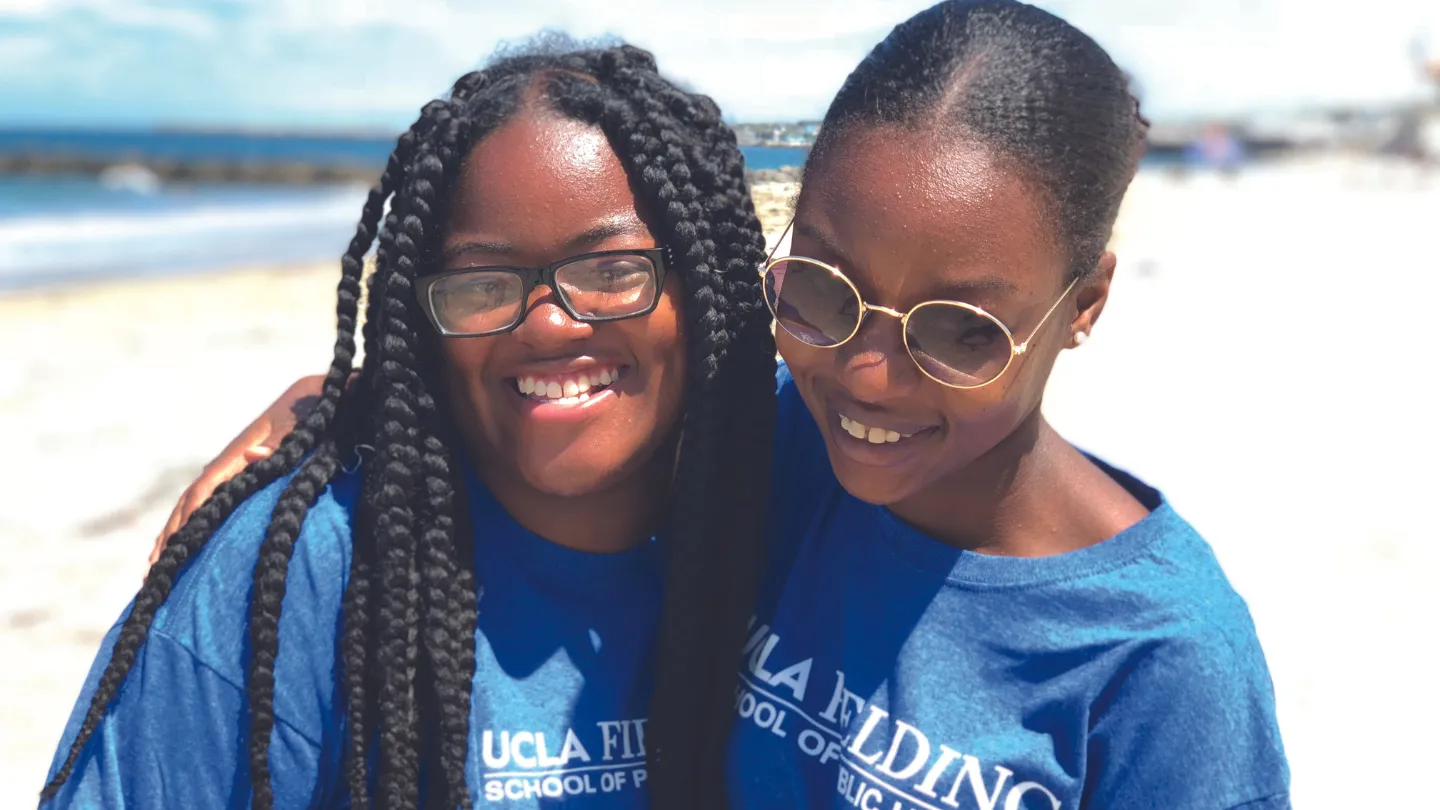
UCLA Public Health Scholars Training Program participants Ashya Smith (left) & Ayanna Smith, undergraduates at the University of Michigan, Ann Arbor, and Xavier University of Louisiana, respectively, bond during a Heal the Bay Cleanup event.
A key part of the training program involves the internships. Students are placed, based on their interests, in community-based organizations, health systems and government agencies throughout Los Angeles, with the internship supervisors serving as the students’ professional mentors.
Kelly Reyna, a student at Emory University in Atlanta majoring in human health and sociology, did her internship at The Wall Las Memorias Project, a community health organization in Los Angeles that provides health services to Latinx, LGBTQ+, low-income, and other populations. Working closely with the organization’s executive director and HIV program manager fueled Reyna’s interest in pursuing health equity through advocacy, community engagement and other public health approaches; after her senior year at Emory, she plans to spend a year working for a public health organization while applying to MPH programs.
Participating made me feel like I’m really working toward something that can make a positive difference in the world.
Francisco Ortiz, a political science major at UC Merced, saw the FSPH training program as an opportunity to better understand how advocacy and programming efforts could improve the overall health and education of college students. Learning about public health and participating in the day-to-day operations and research efforts at Latino Equality Alliance — including the publication of the UndocuQueer Health Resource Guide for Los Angeles and UndocuQueer Night, which centered on storytelling, advocacy and action — left Ortiz determined to empower marginalized communities in ways that improve health outcomes. He is currently applying to PhD programs in public health and social psychology.
These young students are unsure about what a career in public health looks like, but deeply committed to improving the conditions around them and excited to learn about the opportunities.
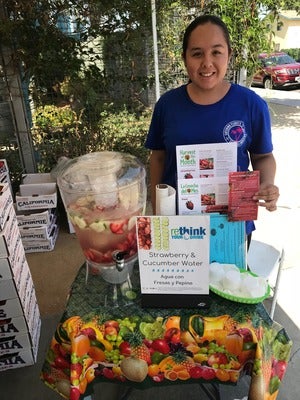
For Vivian Duong, a fourth-year UCLA student majoring in psychology with a double minor in Asian American studies and education, the program offered the chance to learn about the intersection of mental health and public health, particularly in Asian American communities. During her internship at Valley Family Center, a nonprofit organization providing counseling and educational services, Duong discovered her passion for using art to facilitate growth and healing — something she intends to explore in the future, particularly as a way to open up dialogues about mental health. Duong came away from the experience with the realization that there are many potential routes she can pursue in public health. “One can do much with it, from creating impact in the local community to disease prevention within a state, nation or globally, to advocating for better health policies, to even the use of art to enhance health within the public space,” she says.
Among the most valuable aspects of the program for many of the scholars was the opportunity to meet and establish enduring bonds with peers who are equally passionate about public health. “Participating in this program made me feel like I’m really working toward something that can make a positive difference in the world, and I’m not the only one trying to do so,” says Bryan Okelo, now in his senior year at Washington University in St. Louis. For his internship with Community Health Councils, an organization dedicated to improving the health and well-being of underserved populations, Okelo educated residents of Los Angeles’ Baldwin Hills neighborhood on pollution-related health risks faced by their community and ways to make their concerns heard. Upon graduation, he plans to spend a year working in public health before returning to school for a doctoral program focusing on the intersection of community health sciences and health policy and management.
The bonding among the scholars was no accident. “We wanted to create that sense of community among the cohort — to help them understand that the relationships they developed here would continue to serve as support systems for the rest of their careers,” says Lindsay Rice, program manager for the UCLA Public Health Scholars Training Program. “By the end, the students felt like they were part of something bigger than themselves.” The first cohort of scholars will remain in touch through quarterly conference calls, Rice notes, and were encouraged to use their mentors as sounding boards as they consider their next steps.
Prelip and Rice point out that the enthusiastic participation of FSPH faculty, students, staff, alumni and community partners in the program was one of the most heartening outcomes of the program’s first year. “This program is exactly what I needed when I was at their stage,” says Lisa V. Smith (MPH '94, DrPH '00), an adjunct associate professor in FSPH’s Department of Epidemiology who was active in both the design and teaching portions of the program, and who now has one of the scholars interning on her unit at the Los Angeles County Department of Public Health, where Smith is a supervising epidemiologist in charge of rapid assessment training and evaluation. “I didn’t know public health was an option when I was in college, and so it took me 10 years to find my niche. It’s important to show these talented young people the career possibilities in public health.”
In addition to faculty such as Smith, nearly two-dozen Fielding School doctoral and master’s degree students volunteered their time as mentors and teachers. “Working with such an amazing, passionate group of young people helped to reenergize my own research,” says Sarah Roth, a PhD student in FSPH’s Department of Community Health Sciences who assisted in the design and administration of the program, as well as leading workshops and mentoring students. “After working with the scholars this summer, I truly believe that this group and their peers across the country have the vision, passion, and drive to reimagine what public health can and should be.”
